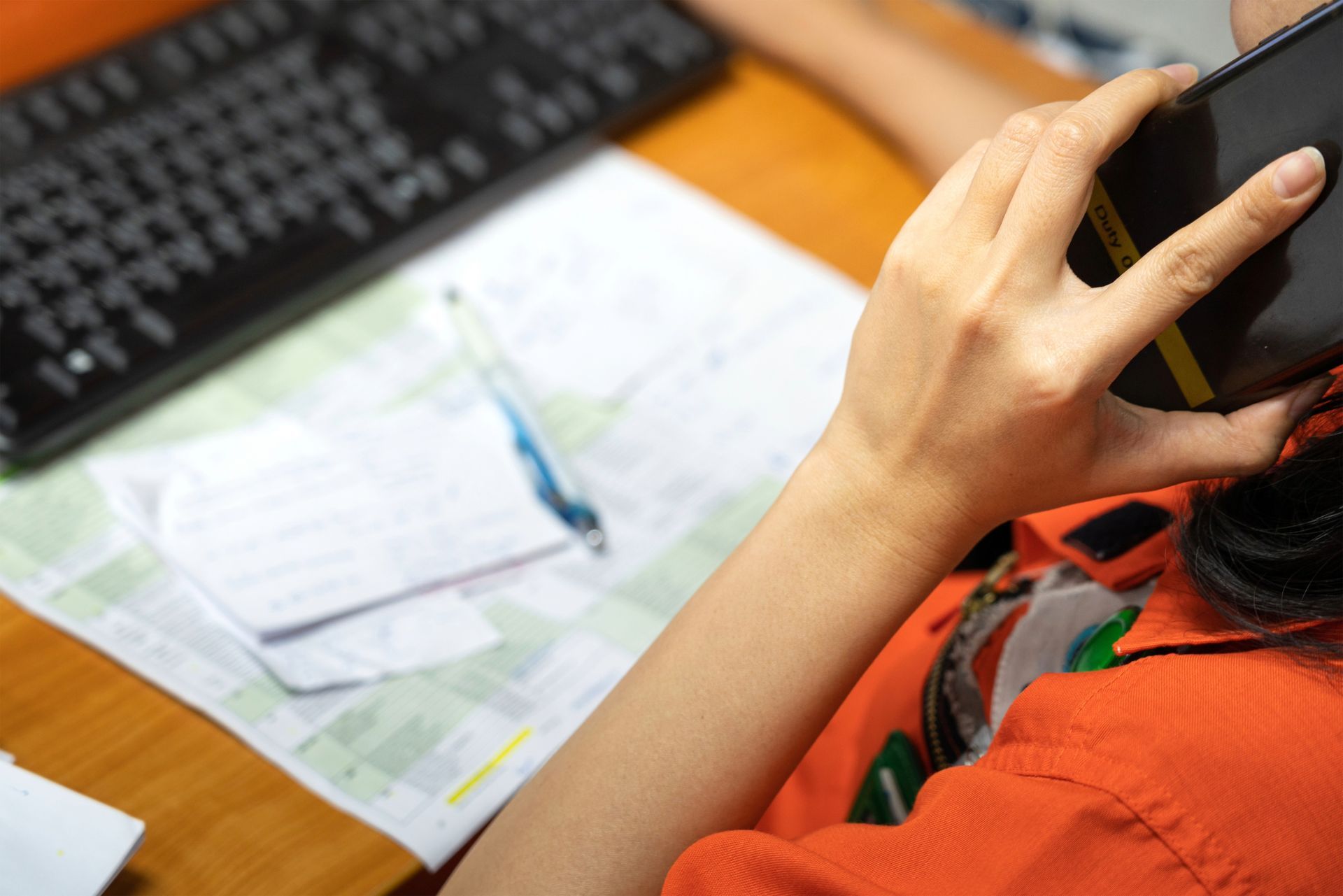Safety Planning
Safety planning is about taking proactive steps to reduce risk and increase protection for yourself and your family.
A clear plan can help you think ahead, prepare for emergencies, and feel more in control. It’s not about living in fear, it’s about making informed choices that improve your safety and wellbeing.
Why Safety Planning Matters
Domestic and family violence impacts health, independence, and community wellbeing.
- Victims may experience trauma, anxiety, and financial stress.
- Children exposed to violence often experience trauma and developmental impacts.
- Communities carry the burden through health, policing, and social service costs.
A safety plan helps address these risks by providing clear steps you can follow if your situation escalates.
Safety Strategies
At Home
- Install good locks, security screens, and sensor lighting where possible.
- Keep external doors and windows locked.
- Prepare a safe room with lock and hidden phone access.
- Store important documents, keys, and essentials in an easy-to-grab bag.
- Share a code word with trusted friends/family to signal danger.
With Children
- Teach children how to call 000 and give their name and address.
- Create a plan for safe exits and meeting points.
- Inform schools/childcare of custody arrangements, AVOs, and safe pickup lists.
- Choose a “safe adult” children can turn to if needed.
At Work
- Inform a trusted supervisor or HR contact about the situation.
- Arrange workplace safety measures (parking close by, escorts to car, screening calls).
- Provide copies of AVOs or relevant documents to workplace security if appropriate.
Vehicle / Travel
- Keep your car fuelled and parked facing out.
- Carry spare keys and keep your phone charged.
- Let trusted contacts know where you are going and when you’ll return.
- Remove or secure items (like tools) that could be used as weapons.
Be Prepared
- Keep a list of emergency numbers and safe contacts.
- Store duplicate copies of key documents (ID, bank, legal papers) outside the home.
- Let trusted neighbours know to call the police if they hear anything.
- Consider alarms, security systems, or community patrol services.




